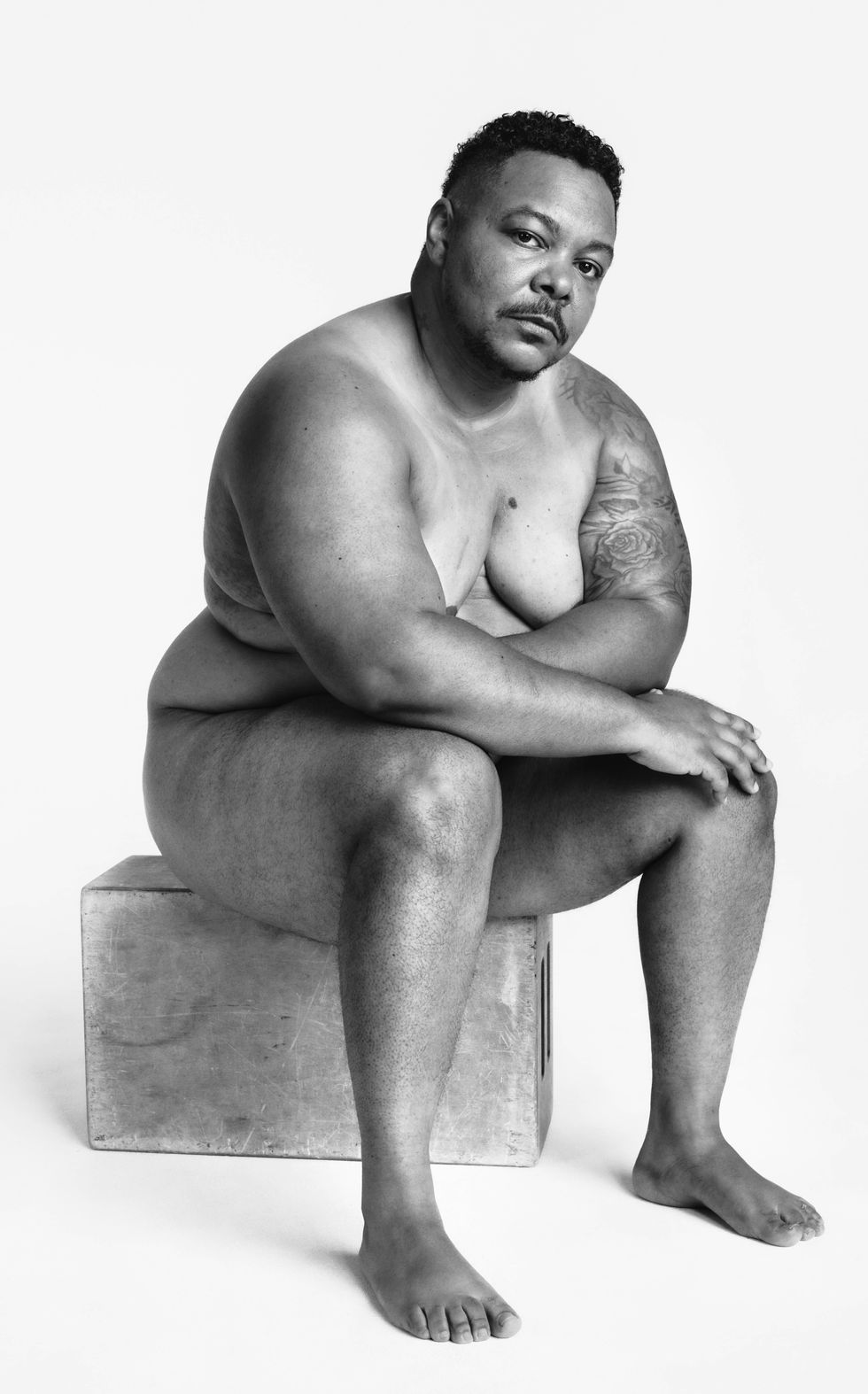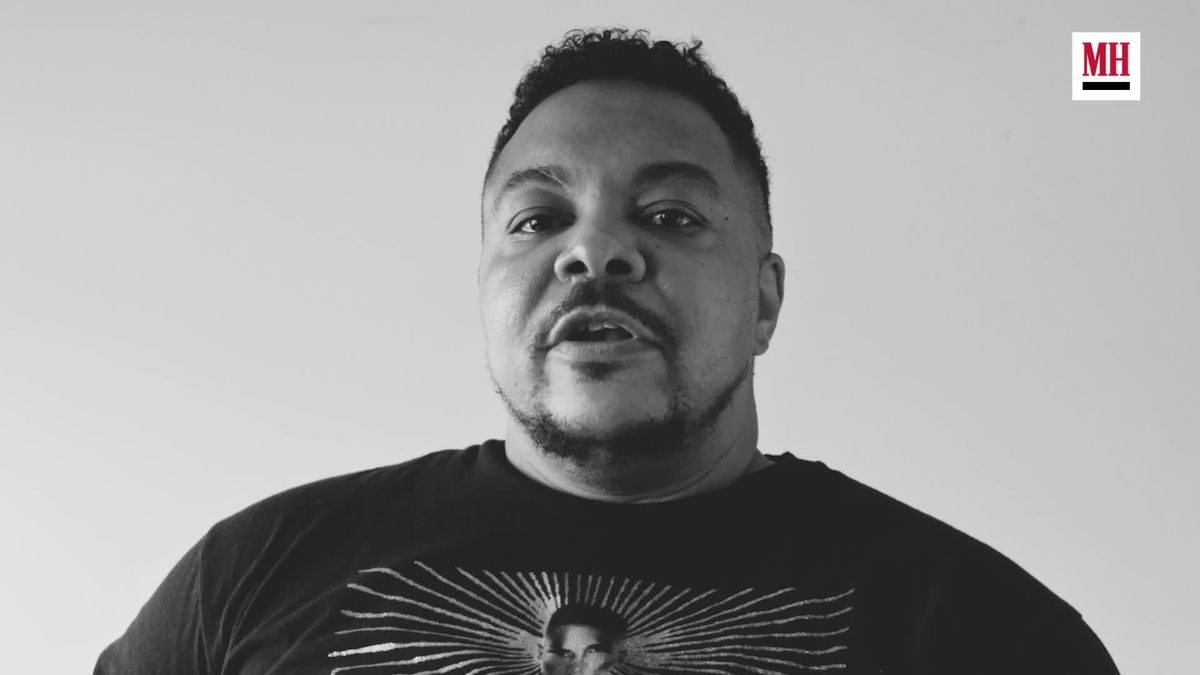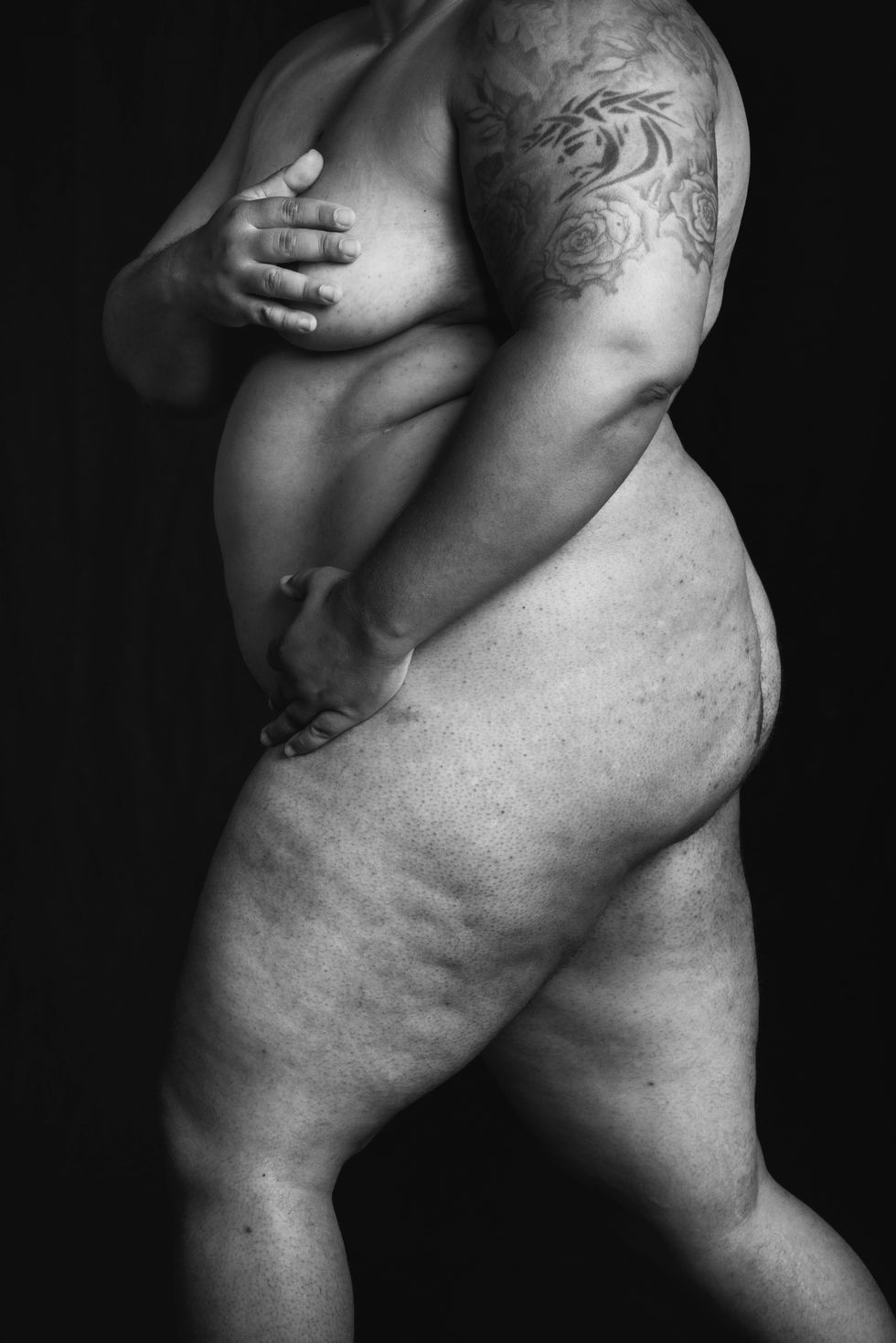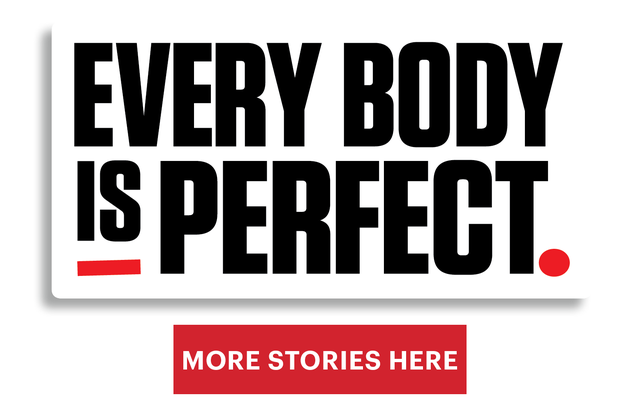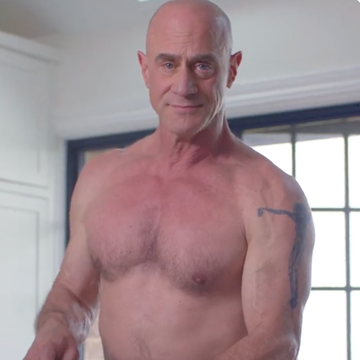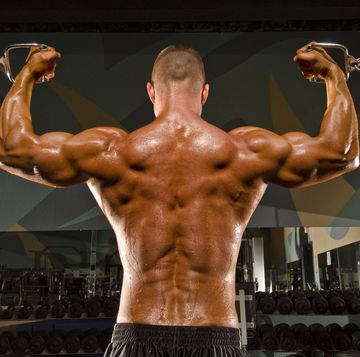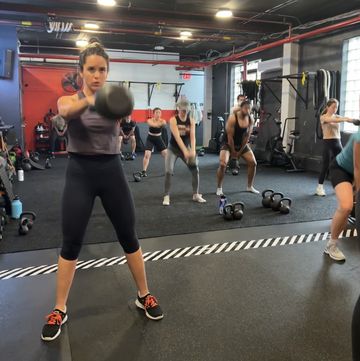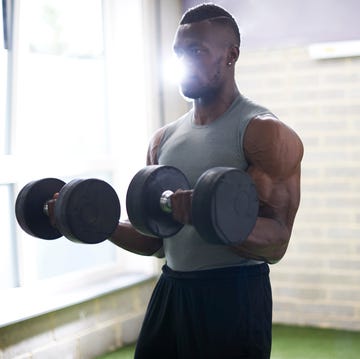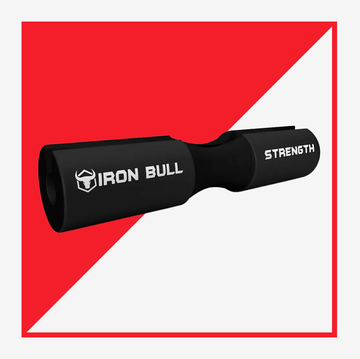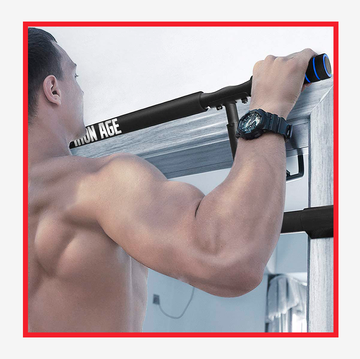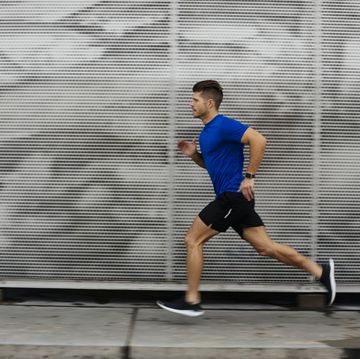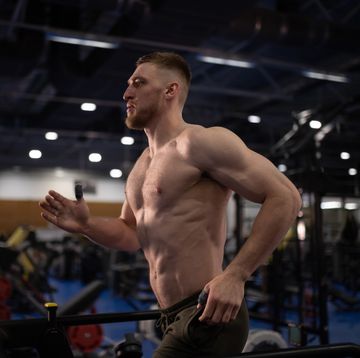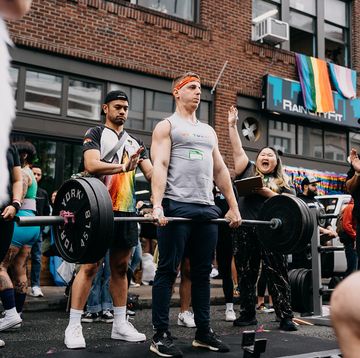MY FITNESS JOURNEY began in my late twenties in 2008 and was sparked by my need to attain gender affirming medical care. My gender designation at birth has never aligned with the truth I feel internally. Society viewed me as a woman because of my curves and treated me as such. So I decided to reclaim my bodily autonomy and redefine my gender highlighting more masculine aesthetics.
Unfortunately, my physician required me to lose weight (which wasn't based on any medical diagnosis) in order for me to engage in hormone replacement therapy. She even prescribed me diet pills which in turn caused severe constipation after only taking them for one week. Living in a rural, conservative state during that time resulted in a very limited amount of medical doctors who were educated on the ways to adequately provide transgender patients with care. The fatphobia I experienced is also rooted in the medical industry and perpetuated by its providers.
I also decided to seek personal training services and ended up interviewing many personal trainers. I specifically told them, “I’m transmasculine and I’d like to masculinize my physique.” All of them were rude and unwilling to support me. They would tell me things like, “You’re always going to be a woman; you're just fat. You need to lose weight.” With my background in physical therapy and my knowledge of muscular anatomy—how to move and train the body—I decided I could do it on my own.
So, in 2014, I started Forseca Fitness, a mobile personal training service created to help reshape the world of fitness for trans masculine people – particularly Black folks. My work was to highlight the complexities and barriers that we face in mainstream fitness culture, while also building new, more supportive systems to replace them with. That expanded into the educational hub, Decolonizing Fitness, a resource center for people to visit when they first enter the fitness industry. I educate people on divesting from the toxic fitness and diet culture. I try my best to show people that it’s the world pushing down on you. It's not necessarily something you're doing wrong or that your body is wrong.
It’s a daily struggle for me to feel comfortable in my body. Societal expectations of how my body should look and move are hard, including assumptions based on my race, size, height, and gender. I feel like I'm more at peace with my body because of what I know, how I've been able to support people, and the fact that people come and seek my specific services. I always enjoy working with my clients because I witness them develop a more healing connection to movement and their bodies.
How I feel about my body truly ebbs and flows day by day, minute by minute sometimes. I have chronic back and shoulder pain, and there are some mornings when I wake up in such deep pain that I have to mentally disconnect from my body just to make it through a daily task. If my pain subsides, I can fall back into my body and connect with all my senses again. Also, getting misgendered can alter my whole mood and cause me to become very dysphoric.
I feel like my body is perfect because it shows up however it needs to show up on any given day. My body represents the expansiveness of gender and a society hell-bent on regulating us to the gender binary of man or woman. My body is a beautiful, layered, complex reflection of all that humanity can embrace. —as told to Keith Nelson Jr.
This story appears in the October 2022 issue of Men's Health.

Keith Nelson is a writer by fate and journalist by passion, who has connected dots to form the bigger picture for Men’s Health, Vibe Magazine, LEVEL MAG, REVOLT TV, Complex, Grammys.com, Red Bull, Okayplayer, and Mic, to name a few.
